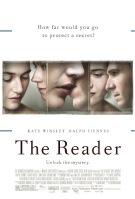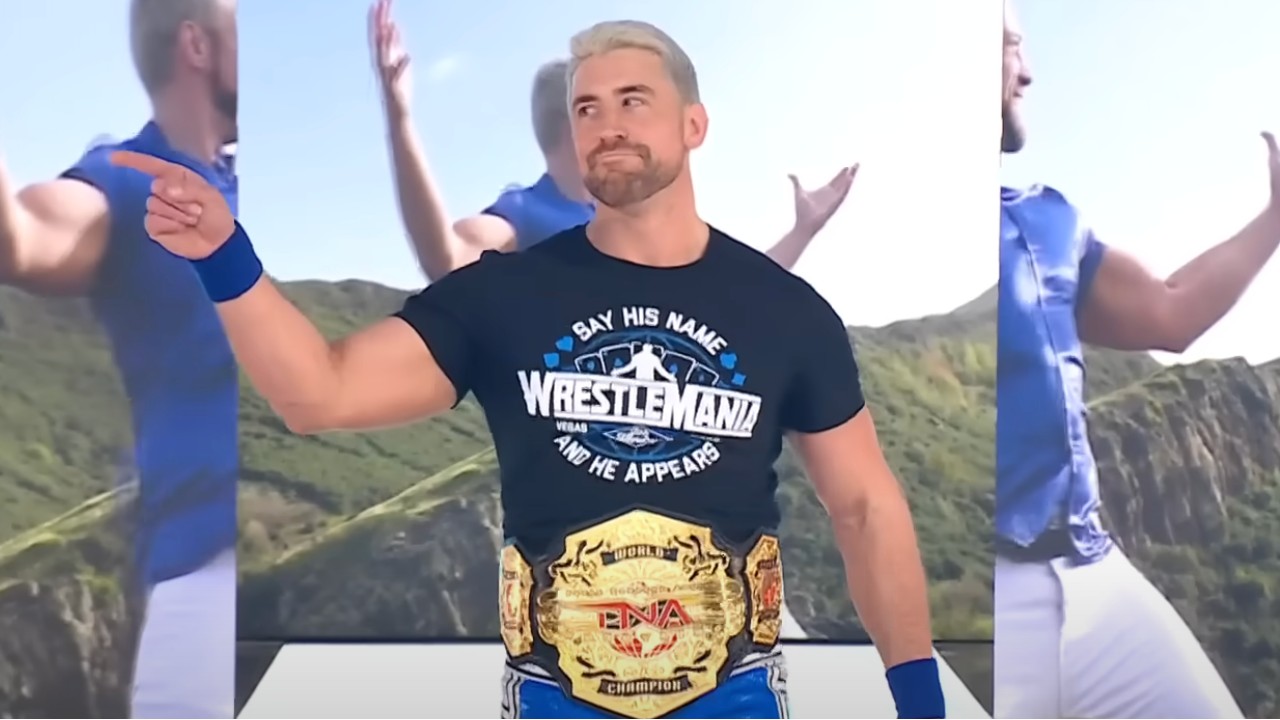The Reader is one of those movies that feels specifically tailored for this time of year, a tasteful, adult historical drama with a teensy bit of nudity, suppressed emotion and a big reveal at the end. It's telling that producer Harvey Weinstein rushed the thing so much to make it in time for this year's Oscar race. At any other time it would feel out place, a forgotten child left somewhere no one will pay attention to it.
Were there any real passion or feeling behind it, The Reader might feel like more than just a space-filler on the inexorable march to Oscar night. But despite the best efforts of three talented lead actors, and a director who has shown immense charisma in the past, The Reader just lies there on the screen, demanding the audience care but never offering them much to hold onto.
Kate Winslet tries giving the movie's best performance but ends up a blank slate as Hanna Schmitz, a former SS officer working for the railroad in Berlin in 1958. She impulsively begins an affair with Michael (David Kross), a 15-year-old eager to accept every sexual lesson she gives him. The title comes about because she asks him to read aloud from all kind of great works of literature-- an act you imagine was more engaging in Bernhard Schlink's novel, despite director Stephen Daldry's efforts with fluid editing and camerawork.
The affair lasts only a few months but we are told, rather than shown, that it has a huge impact on Michael, who goes on to study law. Through a coincidence barely allowable even in a movie like this one, Michael's law class witnesses Hanna's trial for war crimes during World War II. He sits in the balcony and weeps silently as she accepts the blame for the death of over 300 women in a fire, even though he's figured out a secret that would exonerate her if she weren't too embarrassed to share it.
For unclear reasons, the story carries through to the 70s and beyond, where Michael is now played by Ralph Fiennes, doing his best to convey emotional turmoil from the past. Winslet plays Hanna throughout, going through a gauntlet of old age makeup that looks impressive but adds little depth to her thinly sketched character. Lena Olin, playing a Holocaust survivor, gets a scene bigger than any of Winslet's near the end when she urges adult Michael to buck up and get over his survivor's guilt.
In the background of The Reader is the fascinating story of Germany's recovery after World War II, and how old scars of the war were dredged up even when the villains, like Hanna, were already deeply involved in punishing themselves. But for Hanna to feel so meaningful, she needed to be a real person; instead she's essentially a male fantasy, a lusty older woman who teaches a boy in the ways of romance, with a dark past that lets the boy feel complex emotions to boot. Nobody is better than Kate Winslet at turning types into actual people, but she's adrift here with no coherent character to grab onto. Kross and Fiennes are both good and engaging, but Michael isn't all that much more interesting than Hanna, the transition from callow youth to guilt-ridden man never all that clear.
The lovely cinematography from Roger Deakins and Chris Menges, coupled with Nico Muhly's florid, somewhat overbearing score, make The Reader look and feel like the kind of movie you ought to take seriously. But don't be fooled by the elegant exterior; The Reader never fulfills its promises of relevance and depth.
Staff Writer at CinemaBlend












